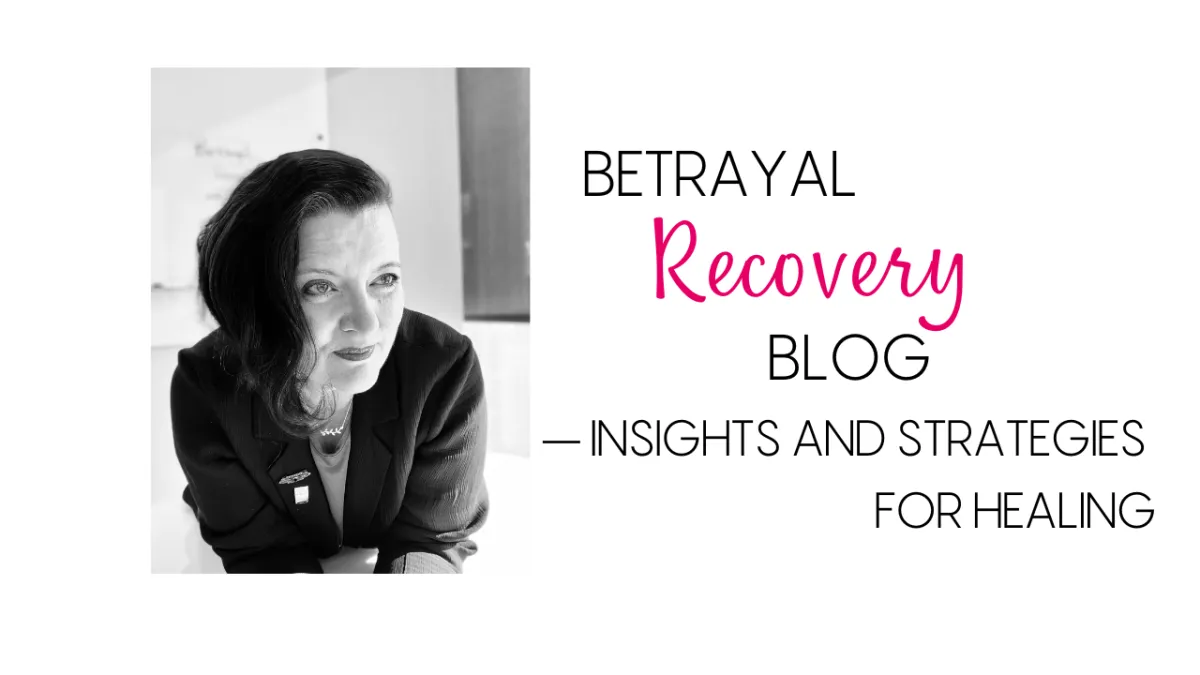
Expert Insights on Betrayal Recovery and Healing:
Blogs by Vanessa Cardenas
In-depth Articles on Healing, Communication, and Personal Growth.

Understanding Self-Betrayal: Are You Your Own Worst Enemy?
by Vanessa Cardenas, Betrayal Recovery Specialist Serving Westchester, NYC, and the Surrounding Region
What Is Self-Betrayal?
Self-betrayal occurs when you act against your own best interests, knowingly or unknowingly, in ways that harm your well-being. It might manifest as staying in a toxic relationship, ignoring your needs, or consistently putting others’ desires before your own. The pain of self-betrayal can be just as devastating as betrayal from others because it erodes self-trust and self-worth.
The Hidden Patterns of Self-Betrayal
Self-betrayal often hides in the patterns of our daily lives. It’s the voice that tells you to stay silent when you need to speak up, the habit of saying "yes" when your heart says "no," and the tendency to prioritize others at the expense of your own well-being. Recognizing these patterns is the first step toward breaking the cycle of self-betrayal.
Why Do We Betray Ourselves?
Self-betrayal can stem from various sources, including fear of rejection, a desire to please others, or deeply ingrained beliefs that you are not worthy of happiness. It’s important to explore the root causes of your self-betrayal, as understanding why you act against yourself is key to changing these behaviors.
The Emotional Impact of Self-Betrayal
The emotional toll of self-betrayal is significant. It can lead to feelings of shame, guilt, and low self-esteem. Over time, these feelings can erode your sense of self-worth, making it even harder to break the cycle of self-betrayal. Addressing the emotional impact is crucial for healing and rebuilding a healthy relationship with yourself.
Breaking Free from Self-Betrayal
Breaking free from self-betrayal requires awareness, self-compassion, and a commitment to change. Start by breaking free from self-betrayal requires awareness, self-compassion, and a commitment to change. Start by identifying the situations where you betray yourself and asking why you feel compelled to act this way. Practice self-compassion by treating yourself with the same kindness you would offer a close friend. Gradually, begin to make choices that honor your needs and values, even if it feels uncomfortable at first.
Rebuilding Self-Trust
Rebuilding self-trust is a critical part of overcoming self-betrayal. This process involves consistently making choices that align with your true desires and values. Each time you honor your own needs, you strengthen your self-trust, making it easier to resist the urge to betray yourself in the future.
The Path to Self-Respect
Ultimately, overcoming self-betrayal leads to a deeper sense of self-respect. When you stop betraying yourself, you begin to live in alignment with your true self, which fosters a greater sense of fulfillment and inner peace. Remember, the journey to self-respect is ongoing, but with each step, you move closer to living a life that truly reflects who you are.
Final Thoughts
Self-betrayal is a challenging but common struggle. By recognizing the patterns of self-betrayal, understanding their origins, and taking conscious steps to honor your own needs, you can break free from this cycle. The journey toward self-trust and self-respect is one of the most empowering paths you can take.
Next One: Unlock Your Mind's Potential with the Revolutionary 6 Phase Meditation Method: Transform, Manifest, and Thrive!
Subscribe for More Insights:
If you found this article insightful and would like to receive similar content delivered directly to your email, please subscribe to our newsletter. Stay updated with the latest information, tips, and strategies for managing life's transitions. Don't miss out on valuable insights that can empower you to make the best decisions for your future. Join our community today, and let's navigate these challenges together. Subscribe now!



© Copyright 2017-2025. Understanding Ear LLC. All rights reserved.

